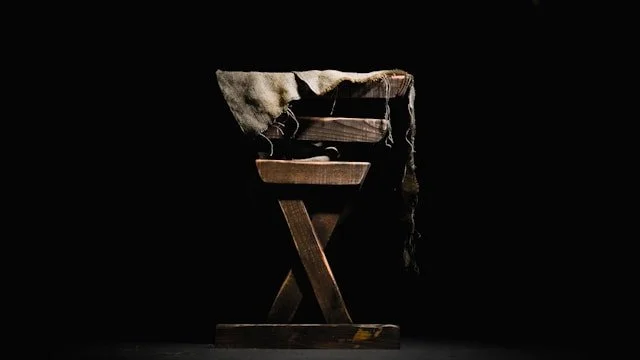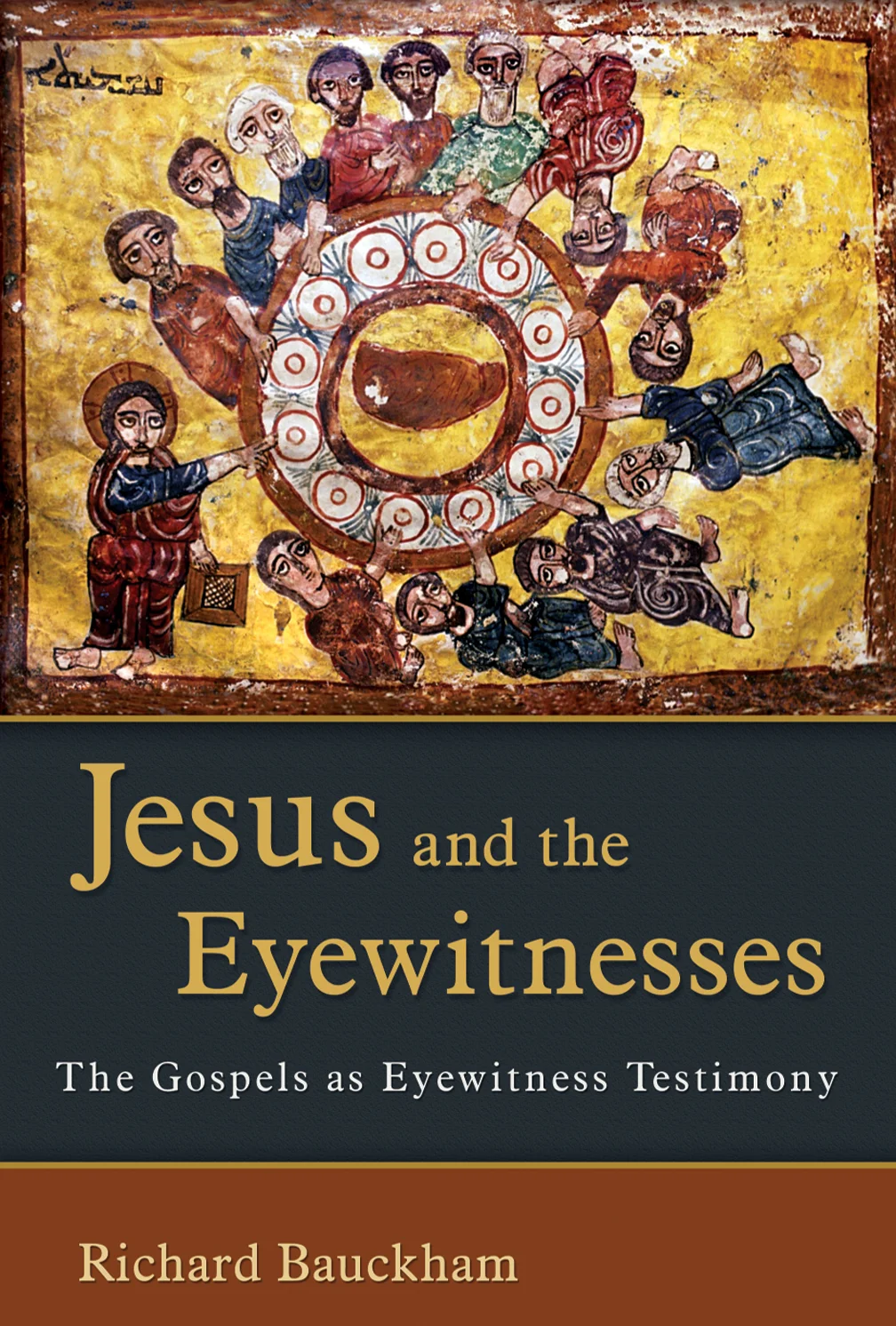Next week we celebrate the 500th anniversary of Martin Luther nailing his 95 theses to the door of the Wittenberg church. This event set off a series of events that would culminate in the Protestant Reformation and the church as we know it today. This week's recommendations point us to those events.
1. How the Protestant Reformation Started: This is a great summary of the transformative events of 500 years ago in Germany, " You probably know at least one thing about Martin Luther: that he nailed the 95 theses to a church door and defied the Roman Catholic Church. This was Luther’s declaration of independence from Rome. The truth is, this is historically inaccurate. Yes, October 31, 1517, would turn out to be the first hint that the Western world was about to be turned upside down. But Luther’s act on October 31, 1517 was not an act of rebellion. It was, in fact, just the opposite. It was the act of a dutiful son of mother church."
2. A Brief History of the Father of the Reformation: Vance Christie shares the beginning of Luther's story, "October, 2017, marks the 500thanniversary of the igniting of what became known as the Protestant Reformation. Martin Luther is generally considered the father of the Reformation. Luther’s nailing his “95 Theses” to the Castle Church door in Wittenberg, Germany, on October 31, 1517, is commonly cited as the event that sparked reformation fires. While there had been other reformers and reformation efforts before Luther, he certainly was the leading human instrument in the much fuller reformation movement that God brought about in Luther’s era."
3. John Wycliffe: The Morning Star of the Reformation: Vance Christie shares the story of John Wycliffe, who lived a century before the Protestant Reformation began and who, in his life, paved the way for the work of the Reformation. Christie reports, “Wycliffe challenged a wide range of medieval beliefs and practices: pardons, indulgences, absolutions, pilgrimages, the worship of images, the adoration of the saints and the distinction between venial and mortal sins. He gained the greatest opposition by rejecting the doctrine of transubstantiation, the belief that in Christian Communion the bread and wine (or juice) become the actual body and blood of Christ. Wycliffe believed, rather, that the bread and wine are symbols of Christ’s body and blood, that Christ is present in the communion elements sacramentally but not materially.”
4. The Reformation PiggyBackers: And now for a smile: Luther was having a splendid Reformation Day. Until those pesky other protestants start trying to improve his Reformation.









